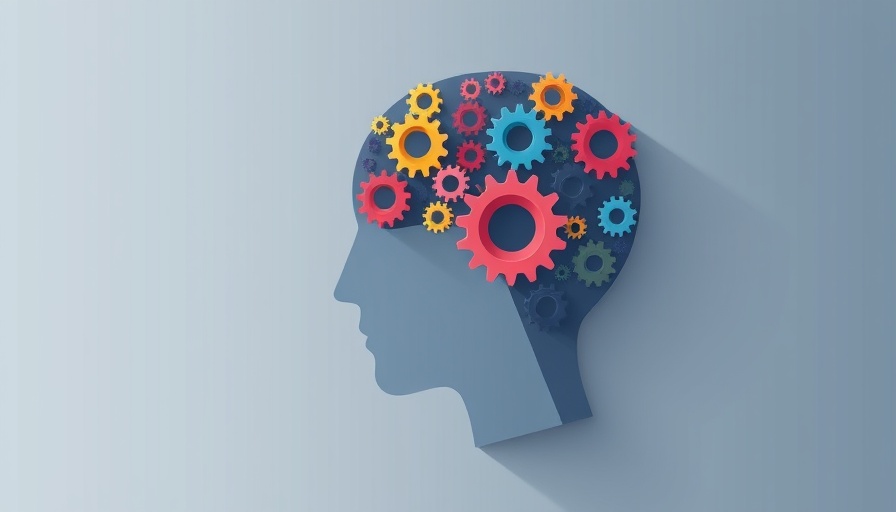
The Power of Play: Boosting Cognitive Skills Through Gaming
As parents, we all want our children to succeed, not only in academics but in life skills as well. Interestingly, a recent study suggests that game-based training can improve children’s executive functions and math skills. Executive functions are essential cognitive processes that include working memory, flexible thinking, and self-control. These skills are vital for problem-solving and decision-making, both in school and beyond.
Benefits of Game-Based Training
Game-based training provides a unique platform that engages children while making learning enjoyable. Unlike traditional study methods that can often feel tedious, video games present challenges in a fun way that can hold a child's attention for longer periods. This extended engagement can lead to enhanced learning outcomes. Research indicates that children participating in such training not only show improvement in academics but also develop essential life skills, such as teamwork and perseverance.
Cerebral Gains: How Gaming Enhances Executive Functions
In addition to academic performance, game-based learning has been linked to significant improvements in executive function. These enhancements can manifest in various ways, such as better focus, a heightened ability to multitask, and improved memory retention. For example, certain strategy games require players to think critically and adapt their strategies, thus naturally training their executive functions. By incorporating these gaming sessions into a child's routine, parents can nurture their cognitive skills.
Math Skills: Making Numbers Fun
Mathematics can sometimes be a daunting subject for children. However, game-based learning turns numbers into fun challenges rather than dry equations. Educational games focused on math can help children master concepts like addition, subtraction, and problem-solving while enjoying the process. Through interactive experiences, kids can practice these essential skills in a low-pressure environment.
Creating a Balanced Approach to Gaming
While the benefits of game-based training are clear, it's crucial to strike a balance. The American Academy of Pediatrics recommends setting specific limits on screen time for children to ensure they engage in a variety of activities. Parents should consider gaming as one of many tools in their child’s educational toolkit, alongside reading, outdoor play, and arts and crafts.
Real-Life Success Stories
Anecdotal evidence strengthens the case for game-based training. For instance, after implementing educational games at home for a few months, Jane, a 9-year-old struggling with anxiety towards math, showed a marked increase in her confidence and skills. Her parents noted that she was excited about learning, utilizing the strategies she developed in games to tackle schoolwork with a fresh perspective.
Conclusion: Encouraging Educational Play
Incorporating game-based training into your child’s learning strategy can yield significant benefits in cognitive development and academic performance. As parents, we have the power to shape how our children interact with technology, turning screen time into productive learning time. So why not dive into the world of educational gaming? With a careful approach and engaged participation, parents can help their children thrive in both academic and life skills.
 Add Row
Add Row  Add
Add 




Write A Comment